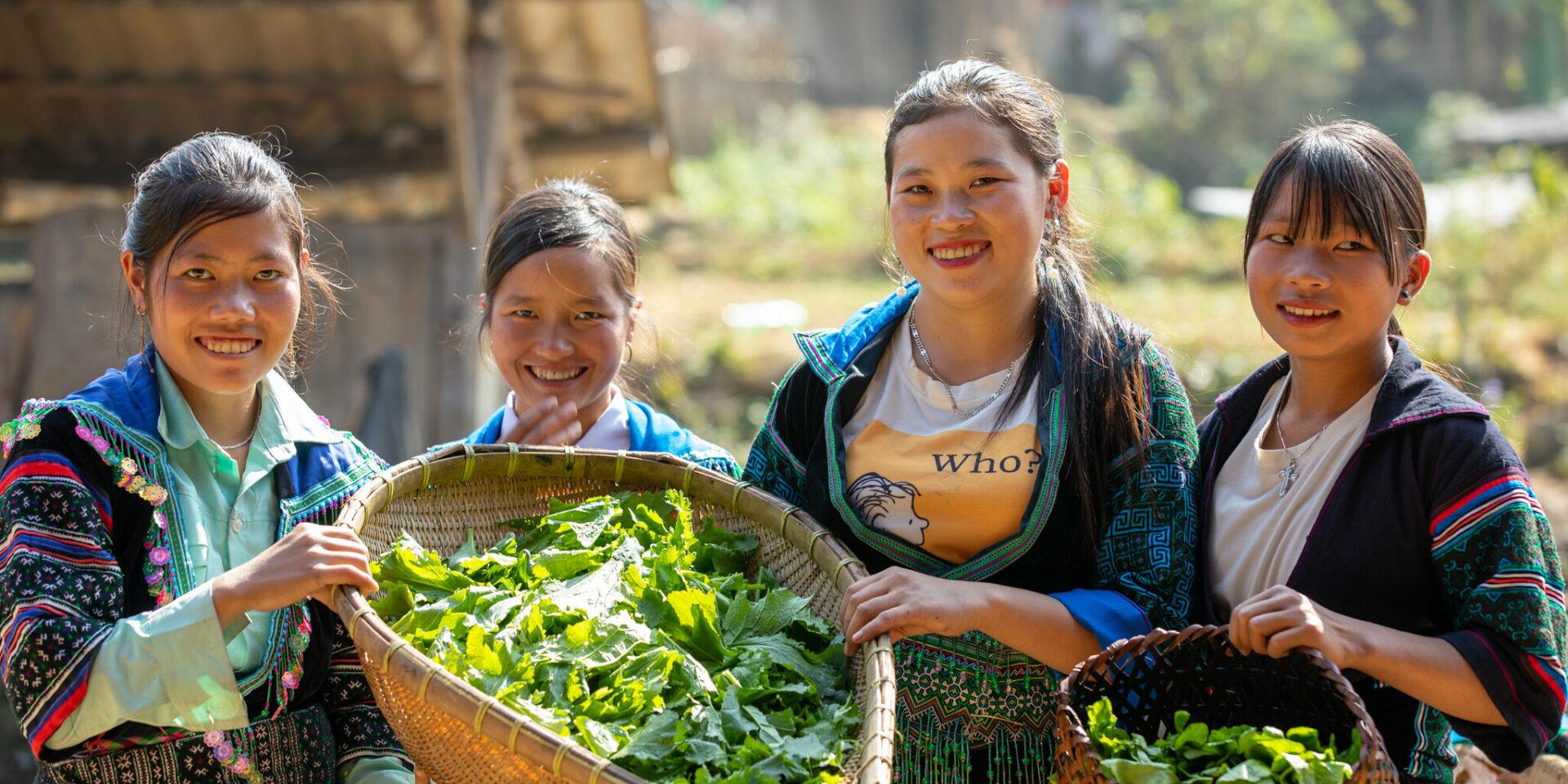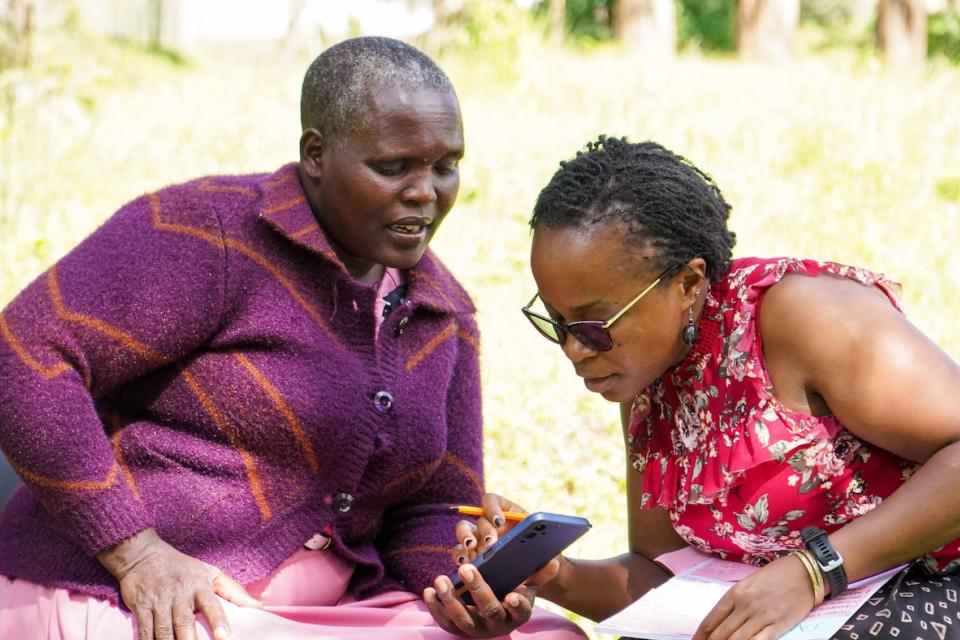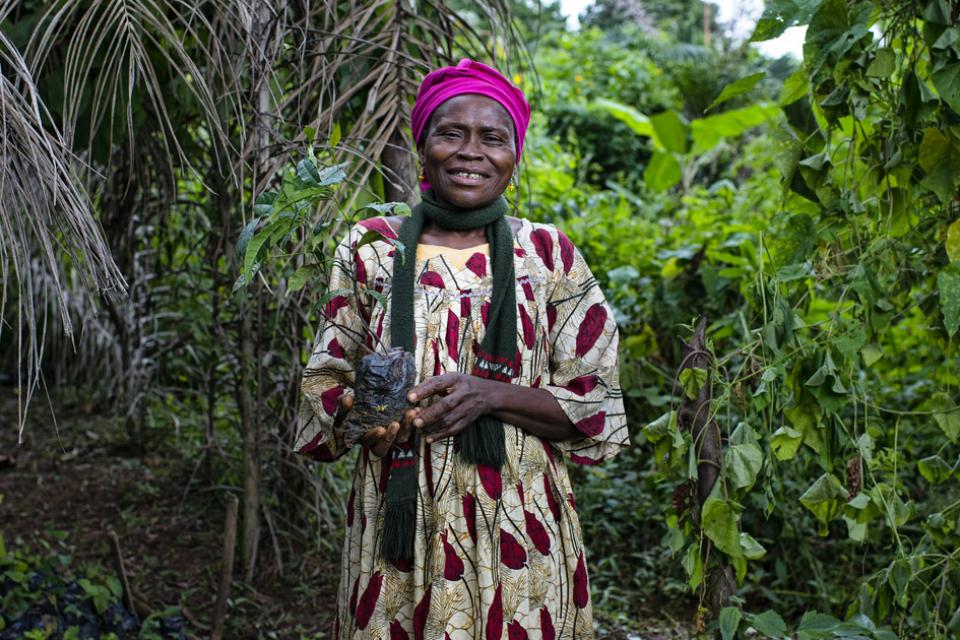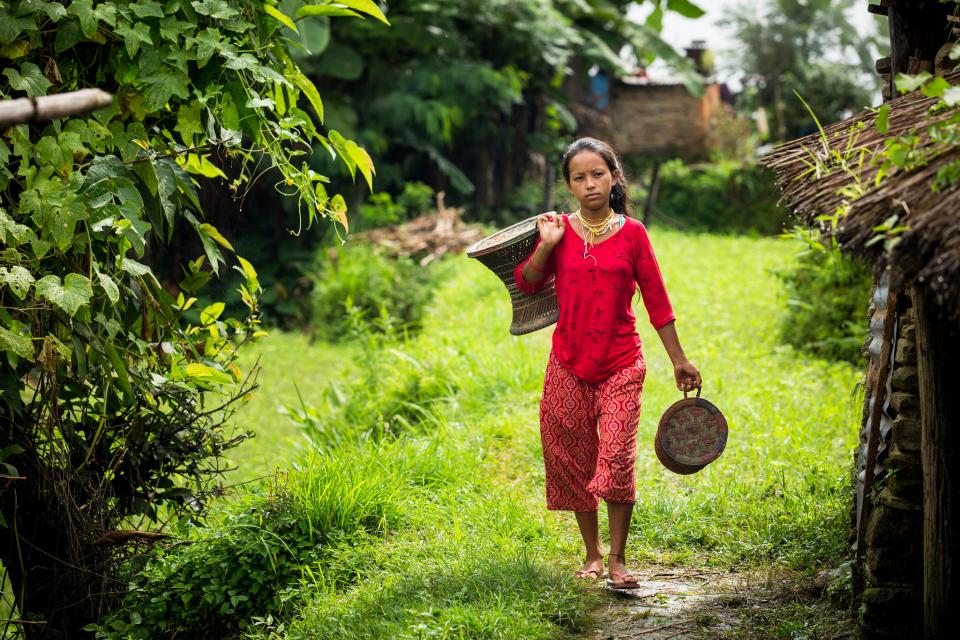Transforming food systems must include Indigenous rights, voices and knowledge

This article was first published by Farming First.
As we mark International Day of the World’s Indigenous Peoples, we recognize the pivotal role Indigenous communities play in building food security and advancing agri-food system sustainability.
Indigenous Peoples’ relationship with food systems is profound and intricate, embodying essential knowledge for climate resilience and a heightened vulnerability to climate and environmental impacts. As custodians of most of the world’s remaining biodiversity, Indigenous communities possess invaluable insights into sustainable agricultural practices that could help transform global agri-food systems. And with climate, environmental and other challenges increasingly threatening global food security, including this knowledge can provide much needed solutions.
Indigenous Peoples, while only representing 6.2% of the global population, govern at least a quarter of the world’s terrestrial surface. Yet, their lands face deforestation and degradation, misuse, natural resource extraction, colonization, and infrastructure development. Even so, they are increasingly asserting their voices in discussions about our collective food future and paving the way for a more sustainable future.


